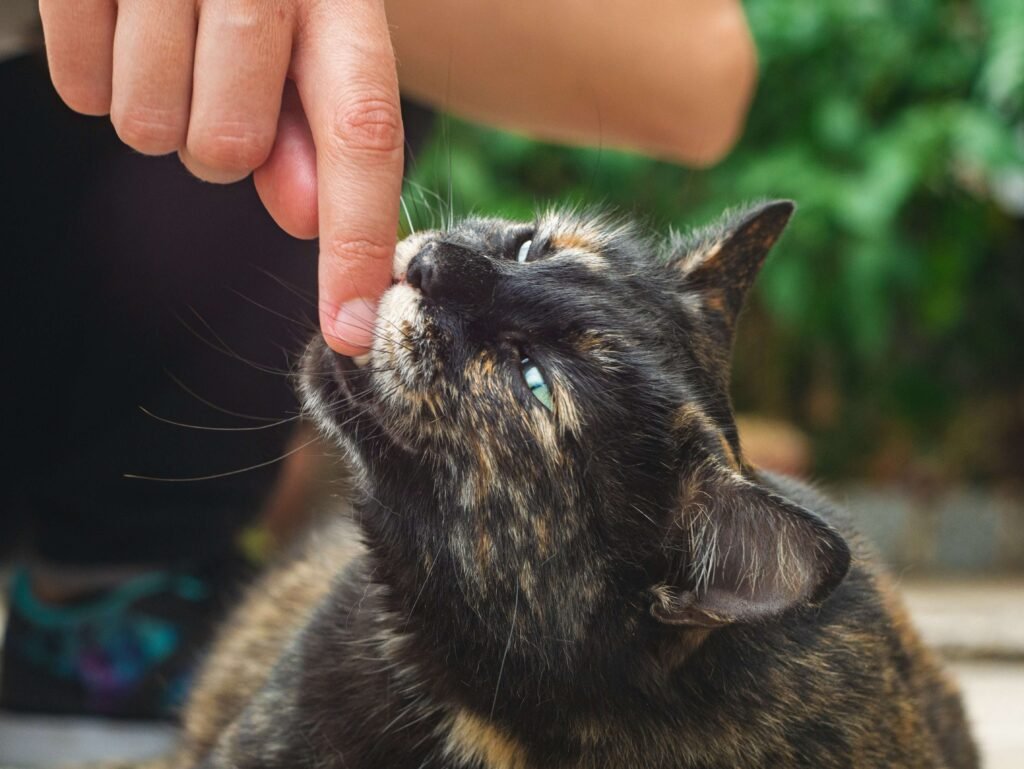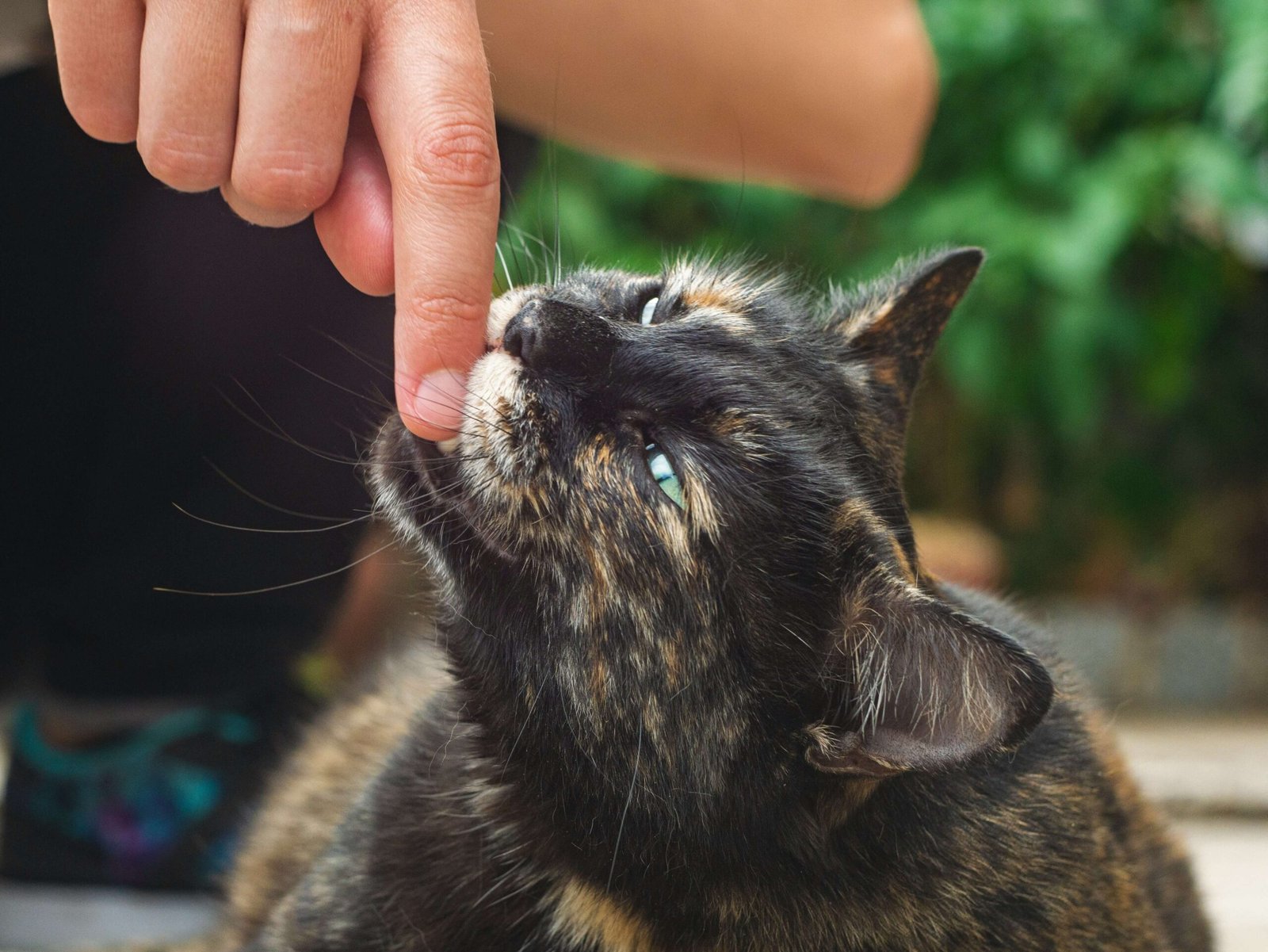Why Does My House Smell Like Cat Pee?
There’s nothing quite as unsettling as walking into your home and being greeted by an overwhelming smell of cat urine. Whether you’re a long-time cat owner or new to pet parenthood, this unpleasant odor can be both frustrating and embarrassing. The good news is that it’s not uncommon, and there are effective ways to tackle the issue. In this article, we’ll explore why your house might smell like cat pee, how to identify the source, and what steps you can take to eliminate the odor for good. Let’s dive in and reclaim your fresh-smelling sanctuary!
Common Reasons Why Your House Smells Like Cat Pee
Before jumping into solutions, it’s essential to understand why your home might have this unwelcome scent. Cats are clean animals by nature, but certain factors can lead to accidents or territorial marking. Below are some common reasons:
Litter Box Issues
A dirty litter box is one of the most frequent culprits behind foul odors. Cats may avoid using a box that isn’t cleaned regularly, leading them to find other spots in your home.Health Problems
Certain medical conditions, such as urinary tract infections (UTIs) or kidney issues, can cause cats to urinate outside their litter box.Stress or Anxiety
Changes in routine, new pets, or moving homes can stress out your feline friend, prompting them to mark their territory with urine.Territorial Behavior
Unneutered male cats, in particular, are prone to spraying indoors to establish dominance or attract mates.Hidden Spots
Cats often target secluded areas, such as under furniture or inside closets, making it difficult to locate the source of the smell.
Understanding these potential causes will help you address the root problem effectively. Once identified, you can move on to cleaning and prevention strategies.
How to Locate the Source of the Smell
Finding the exact spot where your cat has urinated is crucial for eliminating the odor. Here’s how you can track down the source:
Use Your Nose
Follow your nose to narrow down the area. Stronger smells usually indicate proximity to the source.Check Common Problem Areas
Focus on places where your cat spends most of its time, including corners, rugs, and soft furnishings.Use a Black Light
A black light can reveal dried urine stains that aren’t visible to the naked eye. Turn off all lights and scan the room carefully.Inspect Hidden Spaces
Don’t forget to check hard-to-reach areas like behind appliances, under beds, or inside air vents.Look for Behavioral Clues
Observe your cat’s behavior—do they seem drawn to specific areas? This could hint at where the accident occurred.
Once you’ve located the source, you can proceed with thorough cleaning. Remember, ignoring hidden spots can allow odors to linger indefinitely.
Check this guide 👉Top 3 Best Cat Urine Removers: Eliminate Odors Instantly!
Check this guide 👉Why Is My Cat Peeing on My Clothes? Best 7 Behavior Tips!
Check this guide 👉Understanding Cat Straining to Pee: Best 7 Health Tips!

Prevention Tips | Cleaning Solutions |
|---|---|
Scoop the litter box daily | Use enzymatic cleaners for tough stains |
Neuter/spay your cat | Avoid ammonia-based products |
Provide multiple litter boxes | Blot spills immediately |
Reduce stress triggers | Wash fabrics in hot water |
Schedule regular vet check-ups | Ventilate the space thoroughly |
Effective Cleaning Techniques to Remove Cat Urine Odor
Once you’ve found the source, proper cleaning is key to removing the smell entirely. Follow these steps for best results:
Blot Up Excess Liquid
Use paper towels or a cloth to absorb as much urine as possible before applying any cleaner.Apply an Enzymatic Cleaner
These specialized products break down the enzymes in cat urine, ensuring the odor doesn’t return.Avoid Harsh Chemicals
Ammonia-based cleaners can mimic the smell of urine and encourage repeat marking.Clean Hard Surfaces Thoroughly
For tile, wood, or countertops, use a mixture of vinegar and water followed by a rinse with plain water.Deodorize Carpets and Upholstery
Sprinkle baking soda over affected areas, let it sit for 15 minutes, then vacuum thoroughly.
By following these techniques, you can ensure that the smell of cat pee doesn’t linger in your home. Consistency is key when dealing with stubborn odors.
Preventative Measures to Keep Your Home Fresh
To avoid future mishaps, consider implementing these preventative measures:
Maintain a Clean Litter Box
Cats are less likely to stray from their designated bathroom if it’s kept tidy.Provide Adequate Litter Boxes
A general rule is to have one more litter box than the number of cats in your household.Address Health Concerns Early
Regular veterinary visits can catch underlying issues before they escalate.Create a Stress-Free Environment
Offer hiding spaces, toys, and routines to keep your cat calm and content.Use Deterrent Sprays
Non-toxic sprays designed to repel cats can discourage them from revisiting problematic areas.
Taking proactive steps ensures that your home remains a pleasant environment for both you and your furry companion.
Natural Remedies to Neutralize Odors
If you prefer eco-friendly solutions, natural remedies can be surprisingly effective in combating cat urine odors. These methods are safe for your pets and family while being gentle on the environment. Consider trying the following:
Vinegar and Water Solution
Mix equal parts white vinegar and water in a spray bottle. Spray the solution on affected areas and blot dry.Baking Soda
Sprinkle baking soda generously over carpets or upholstery, let it sit for 15–30 minutes, then vacuum thoroughly.Lemon Juice
Combine lemon juice with water to create a fresh-smelling deodorizer. Apply it to surfaces and wipe clean.Hydrogen Peroxide
For tough stains, mix hydrogen peroxide with a small amount of dish soap. Test on a small area first to avoid discoloration.Essential Oils
Add a few drops of essential oils like lavender or eucalyptus to your cleaning solution for a pleasant scent.
By incorporating these natural remedies into your cleaning routine, you can effectively neutralize odors without resorting to harsh chemicals. Plus, they’re budget-friendly and readily available!
Signs Your Cat May Be Marking Territory
Cats communicate through scent marking, and understanding why they do this can help prevent unwanted accidents. If your house smells like cat pee, it’s possible your feline is marking its territory. Look out for these signs:
Frequent Spraying
Cats often spray vertical surfaces like walls or furniture to mark their territory.Changes in Behavior
Sudden aggression or withdrawal may indicate stress-related marking.Unneutered Cats
Intact males and females are more likely to engage in territorial spraying.New Pets or People
The introduction of new animals or humans can trigger marking behavior.Recent Moves or Renovations
Changes in the home environment can cause cats to feel insecure and mark their space.
Recognizing these signs early can help you address the root cause of the behavior and restore harmony to your household. Consult a vet or animal behaviorist if the problem persists.
Long-Term Strategies to Prevent Reoccurrence
Preventing future incidents requires a proactive approach that combines cleanliness, training, and environmental adjustments. By implementing these long-term strategies, you can minimize the chances of your house smelling like cat pee again:
Regular Cleaning Schedule
Establish a routine for cleaning litter boxes, washing bedding, and sanitizing common areas.Environmental Enrichment
Provide scratching posts, climbing trees, and interactive toys to keep your cat mentally stimulated.Positive Reinforcement
Reward your cat with treats or praise when they use the litter box correctly.Limit Access to Problem Areas
Use baby gates or deterrent sprays to block off spots where your cat tends to eliminate.Monitor Health Regularly
Schedule annual vet visits to catch any potential health issues early.
By adopting these strategies, you’ll create a stable and supportive environment for your cat, reducing the likelihood of accidents. Consistency is key to maintaining a fresh-smelling home!
FAQ
Why does my house still smell like cat pee after cleaning?
If the smell persists, it’s likely because the cleaner used didn’t fully break down the enzymes in the urine. Try using an enzymatic cleaner instead.
Can I use bleach to remove cat urine odors?
No, bleach contains ammonia, which can actually worsen the problem by attracting your cat to the same spot.
How do I stop my cat from peeing outside the litter box?
Ensure the litter box is clean, provide enough boxes, and consult a vet to rule out health issues.
Is cat urine harmful to humans?
While occasional exposure isn’t dangerous, prolonged inhalation of strong odors can irritate respiratory systems.
What should I do if my carpet smells like cat pee?
Treat the area with an enzymatic cleaner, sprinkle baking soda, and vacuum thoroughly.
Reclaiming Your Fresh-Smelling Home
Dealing with a house that smells like cat pee can feel overwhelming, but armed with the right knowledge and tools, you can conquer this challenge. From identifying the source to implementing effective cleaning techniques and preventative measures, every step brings you closer to a fresher, happier living space. Remember, patience and consistency are key. With a little effort, your home can once again become a welcoming haven free of unwanted odors. Breathe easy—you’ve got this!
Dog Tapeworm Life Cycle: Best 7 Expert Tips! – Learn how tapeworms infect dogs, spot symptoms, and break the cycle with expert prevention strategies.
Anxious Cat Body Language: Best 7 Expert Tips! – Learn to spot signs of stress, understand triggers, and help your cat feel safe and relaxed.
Anxious Dog Body Language: Best 7 Expert Tips! – Learn to spot signs of anxiety, respond effectively, and help your dog feel safe and secure.
Is Breeding Dogs Bad? Best 7 Expert Tips! – Explore the ethics, benefits, and risks of dog breeding to make informed decisions for a better future.





